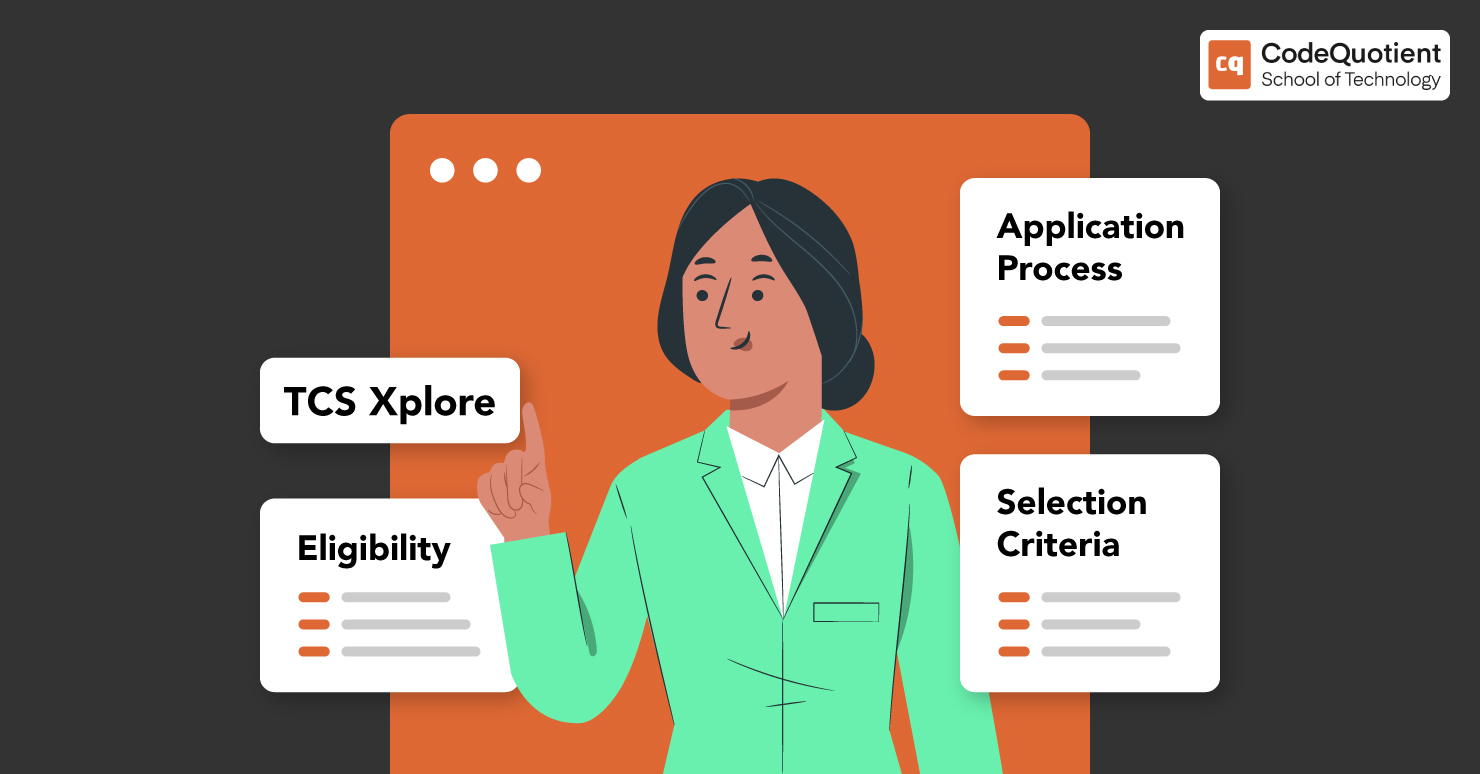If not anything else, this pandemic has taught the world that remote or remote-hybrid working is the future and here to stay. The virus has torn down cultural and technological barriers that formerly precluded remote employment, causing a structural shift in where people work, at least for some. This means more companies are adapting to working from home. However, conducting interviews remotely for tech positions is an HR issue, and it can be overwhelming.
There are many more factors to consider during the remote interview process than the traditional one. Yet, according to Jobvite, 84% of recruiters have begun to complete virtual interviews amid the pandemic. And this critical process of remote hiring comes with its own set of challenges, as there are many skills to evaluate for such a critical position.
Remote hiring can be rewarding, but there are also challenges to meet. If you’re looking for tips to guide you in recruiting the top tech talents of the country through smooth-sailing remote interviews, this read is precisely for you:
Conducting Effective Tech Job Interviews Remotely
Working from home has become more prevalent due to the necessity of keeping up with social distancing COVID protocol. This also means conducting remote job video interviews. To do that, you’ll need to streamline and efficiently adjust your current hiring process.
It’s essential to take precautionary and practical steps to ensure that your interviews run efficiently and are structured and to the point. These ten practices can help you elevate the quality of remote recruitment for the best tech talent:
1. Robust pre-planning
Remote job interviews will require a different planning process than in-person interviews. However, with some well-thought-out planning, you’ll be able to garner all the information you need from the candidate in a remote interview as well.
Before the interview, ensure you have a clear idea of the job description, company culture, expectations, responsibilities, and skill set you’re looking for in the candidate.
Then, before speaking to the candidate, hiring managers should study their portfolio and resume to learn about them and explore their previous work. This will help you prepare follow-up questions and ensure the candidate is suitable for the role. It’s also vital that the candidate is proficient in at least two programming languages.
2. Brief the candidate before taking the interviews remotely
Before the interview, make sure you provide the candidate with all the necessary information they need to know so that they’re not caught off-guard, and you can assess them solely on their soft skills and experience. You should provide them with specific details as follows:
- When will the interview take place
- Who from the employer’s team will be present
- What platform you’ll be using and how to use it
- What the candidate needs to prepare beforehand
- What the job role will entail
3. Prepare a pre-interview test
Before conducting the interview, it’s necessary to gauge whether the candidate is suited for the role so you don’t waste your time or theirs. Prepare specific pre-interview assessments to assess their technical skills.
The test may include solving a problem through coding, a complicated math problem, or any similar problem they’d face during the job. However, do ensure that the pre-interview test isn’t too time-consuming, as it may lead to demotivation and, in turn, a lost potential candidate.
4. Choose your virtual meet-up tech
Analyse your requirements before choosing a video conference tool. Zoom, Google Meet, and Skype have different functionalities and drawbacks, so choose what’s best for you.
You can even find video conferencing platforms that incorporate whiteboards, which might be helpful for a tech job interview to conduct coding exercises. Finally, before the interview, test your technology to ensure it isn’t faulty and to avoid any hindrances.
5. Pick the right atmosphere for the interview
You should ensure that there won’t be any disturbances from your end during the interview, which could create a bump in the interview process. Find a quiet place to conduct the interview and create a professional atmosphere rather than a casual one. Make sure you dress well, groom yourself, keep your body language at best and avoid having too many disturbances in the background.
6. Take time to get acquainted with the candidate
Before you get into semantics, create a space for the candidate where they feel comfortable. Avoid jumping right into the interview. Instead, try to have a personal conversation with them with small talk so they don’t feel worked up and can easily transition into the interview. Talk a little about yourself and a little about the candidate. To ensure a successful interview, it’s necessary to provide the candidate with a two-way platform to make a case for why they’re best suited for the role.
7. Brief the candidate on the work culture and the organisation as a whole
Describe the work environment to the candidate with basic information, such as how the organization operates, delegated work, and the work culture. If your organisation has a fun component that strays from just work that might intrigue the candidate, brief them on the same.
Discuss your company goals and how the work culture differentiates you from other organizations. You need to paint an exciting picture of your company that will intrigue the candidate to work with you, so make sure you describe what sets your company apart and how the candidate will benefit from working with you.
8. Assess the candidate’s skills
The candidate must possess a diverse set of skills and abilities to carry out the job efficiently. Ask the candidate to walk you through a solution to a problem they might face during their role, and carefully assess their answer and work style.
Ensure that you ask technical questions about their knowledge and coding abilities, as well as non-technical questions about their ability to work in a team, creative skills, and communication skills. The candidate must be able to work efficiently in a team as well as individually to ensure smooth operations.
9. Ask the candidate why they feel they deserve to be hired
You should ask the candidates why they think they’re the right fit for the job and what sets them apart from other candidates. This is done to gauge how confident they are in their abilities and how eager and determined they are to work with your company. A sloppy answer from a candidate might mean they’re not interested enough, so assess their answer critically.
10. Conclude
Ensure the candidate knows what’s next in the hiring process, and ask them if they have any questions. Try to incorporate some positivity in your tone. Also, make sure you thank them for their time and efforts.
With all the tips above, you can now efficiently and effectively conduct smooth-sailing job interviews remotely. You’re representing your company in a job interview, so make sure to follow all steps carefully and with a positive attitude. Apart from the above tips, you can also use CodeQuotient to hire good talent. Our SuperCoders at Software Engineering Bootcamp Hit the Ground Running from Day One! Get in touch with us today.





